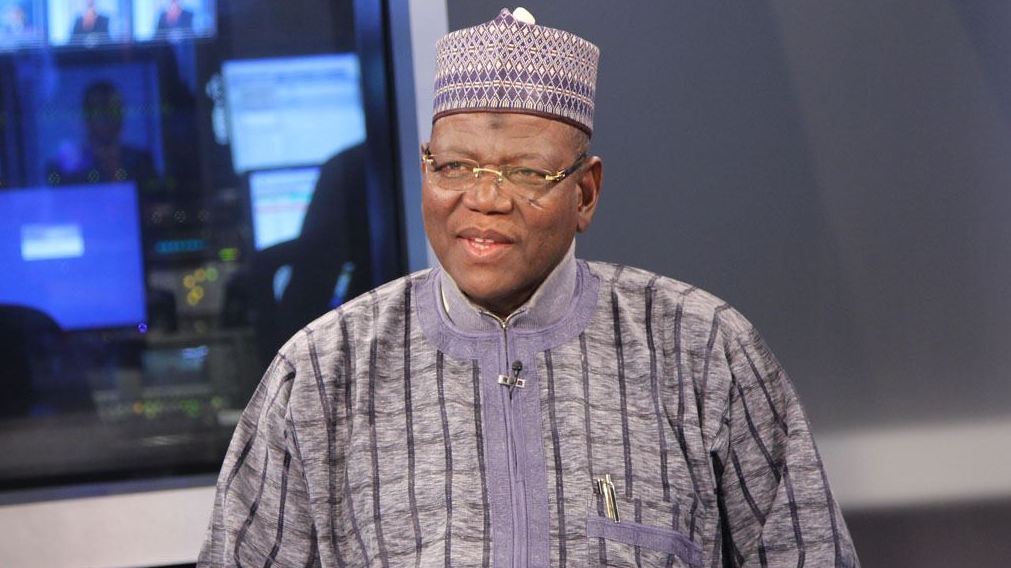Former Governor of Jigawa State, Alhaji Sule Lamido, has stirred controversy with claims that President Bola Ahmed Tinubu was among those who backed the annulment of the historic June 12, 1993 presidential election.
Speaking during an interview on Arise TV on Saturday, Lamido alleged that both Tinubu and his late mother, Hajia Abibatu Mogaji, were supporters of the military regime of then-Head of State, General Ibrahim Badamosi Babangida (IBB), who infamously annulled what is widely regarded as Nigeria’s freest and fairest election.
According to Lamido, Hajia Mogaji, a highly influential market leader in Lagos, mobilised market women to Abuja to publicly declare their loyalty to IBB in the wake of the annulment.
“Tinubu was part of those who supported IBB’s annulment of the June 12 election,” Lamido asserted.
“His own mother, Hajia Mogaji, was organising Lagos market women to come to Abuja to pledge support for Babangida.”
Lamido, a founding member of the Peoples Democratic Party (PDP), also challenged the historical narrative that links Tinubu and the National Democratic Coalition (NADECO) with the struggle to validate the June 12 mandate.
He said: “I feel highly entertained by Tinubu’s rhetoric, the way he’s dramatising his role in Nigeria’s democracy. Tinubu became relevant and noticeable after Abacha took over the government. Before then, he was just in the Senate and the secretary of his party.”
He went further to claim that NADECO was not founded to defend the June 12 mandate won by the late Chief MKO Abiola but was instead a group formed in opposition to the late General Sani Abacha’s regime.
“NADECO was a postulation formation to fight Abacha, not for June 12,” Lamido said.
The June 12, 1993 election, widely believed to have been won by the late Chief MKO Abiola, remains a pivotal moment in Nigeria’s democratic history. Its annulment by Babangida sparked widespread protests and led to years of political instability, culminating in Abiola’s arrest in 1994 and his death in detention in 1998.
President Tinubu, who was a member of NADECO and later went into exile during the Abacha regime, has long been celebrated by his supporters as a pro-democracy figure. Lamido’s comments, however, challenge that legacy and are likely to provoke heated debate across Nigeria’s political space.
As of press time, the Presidency has not issued a response to the allegations.



